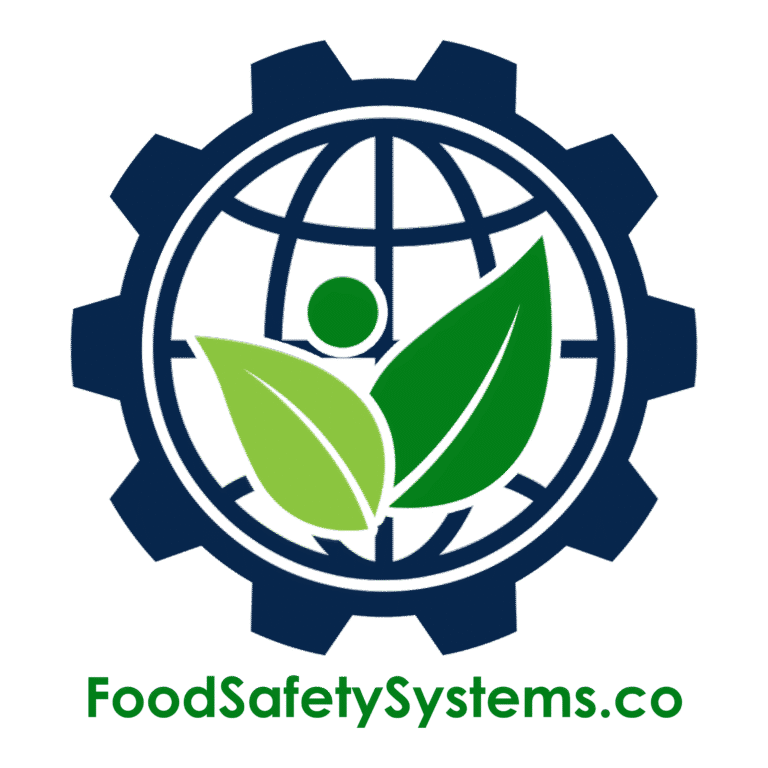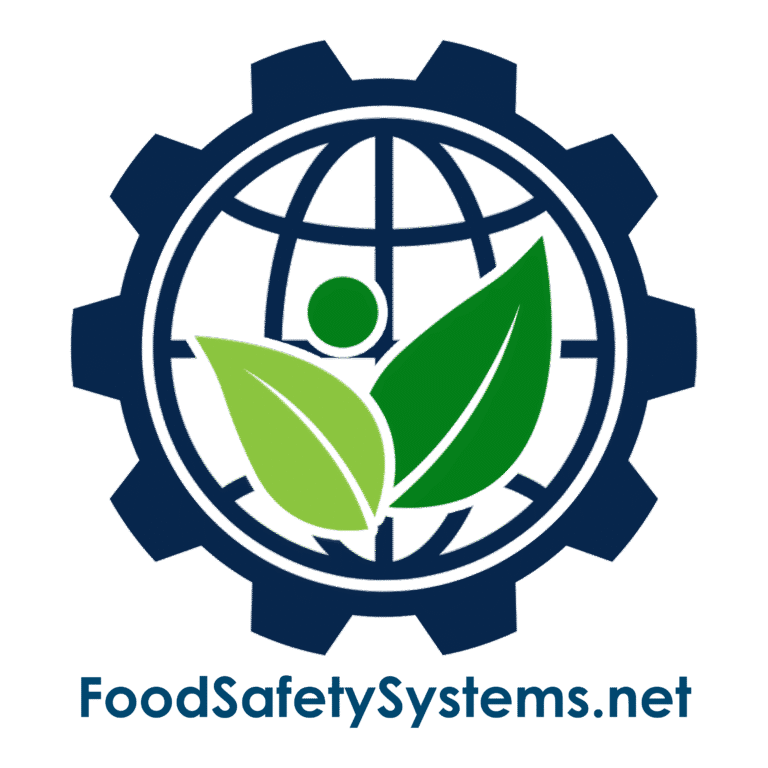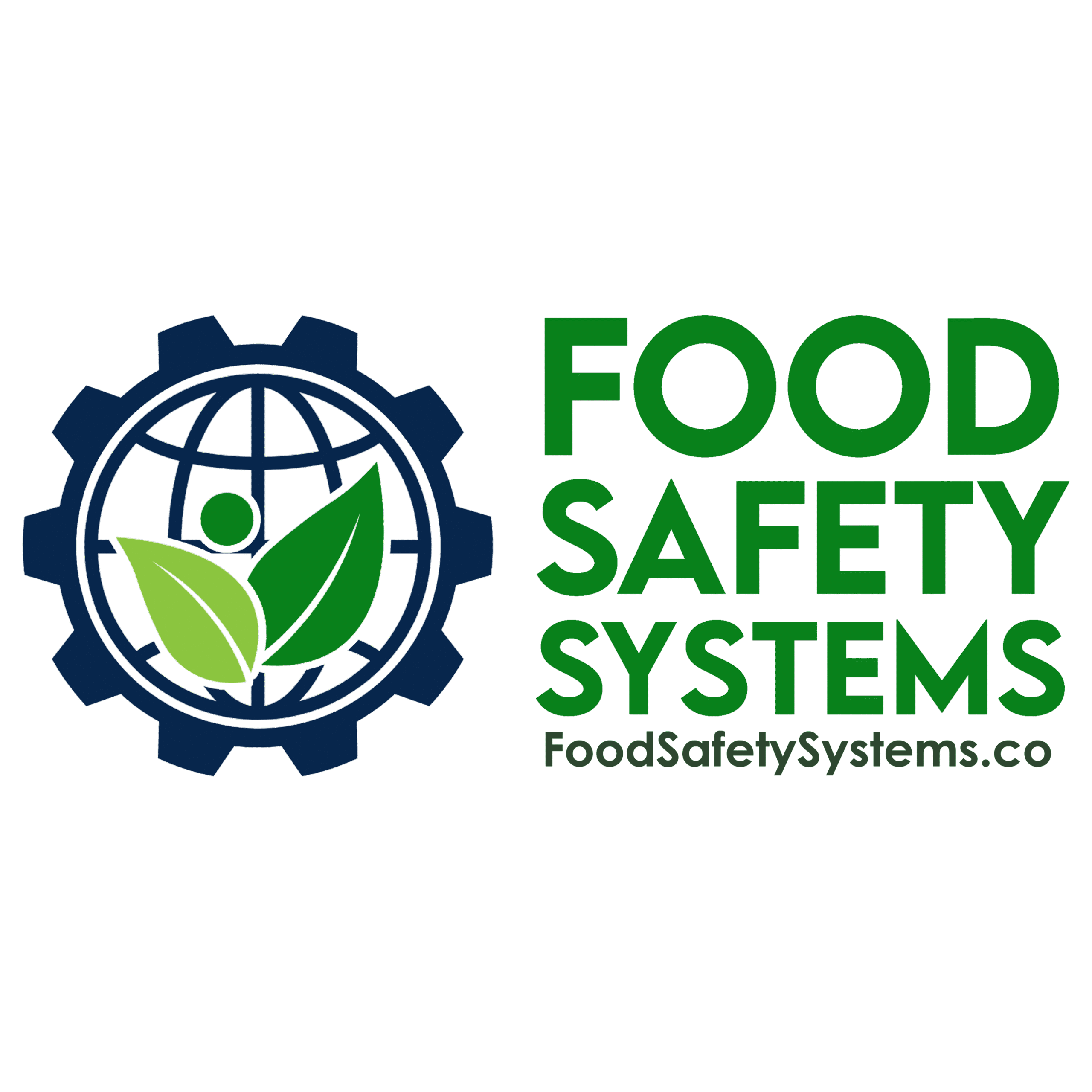Managing Food Safety Incidents & Product Recalls

Aligned with FSSC 22000 – Management Commitment & Emergency Preparedness
Requirement Overview
Under FSSC 22000, senior management must ensure systems are in place to effectively manage food safety incidents, including the withdrawal or recall of products where necessary. These systems must meet applicable legal, regulatory, and customer requirements and be tested at planned intervals to verify effectiveness.
Food safety incidents and product recalls must be managed quickly, transparently, and with full leadership oversight to protect consumers and the business.
Aligned with BRCGS for Storage & Distribution Issue 4 – Clause 4.3.1 & 4.3.3
Requirement Overview
BRCGS for Storage & Distribution requires that products moved via cross-docking are traceable and controlled at all times, even when they are not held in storage for extended periods.
Clause 4.3.1: “The company shall ensure that traceability is maintained at all stages, including during cross-docking operations.”
Clause 4.3.3: “Procedures shall be in place to ensure that all products handled, including those not stored on-site, remain under control and are not subject to contamination or substitution.”
Cross-docking operations must not compromise product traceability, safety, or integrity. Even with minimal handling and temporary presence, each product must be accurately identified, documented, and protected.

Key Compliance Objectives
-
✓ Establish and maintain a documented food incident and recall program
✓ Ensure product traceability and communication systems work effectively
✓ Assign leadership roles in incident response and decision-making
✓ Test and improve recall procedures regularly
Step-by-Step Compliance Implementation
1. Develop and Approve an Incident & Recall Management Program
-
Program Requirements:
-
• Written procedure detailing notification, investigation, and recall steps
• Defined recall team with assigned roles and up-to-date contact details
• Integration with regulatory reporting, customer notification, and internal escalation processes
Evidence to Maintain:
-
• Approved Food Safety Incident & Recall SOP
• Signed recall team list and organizational chart
• Current emergency contact directory and escalation flow
- • Written procedure detailing notification, investigation, and recall steps • Defined recall team with assigned roles and up-to-date contact details • Integration with regulatory reporting, customer notification, and internal escalation processes
- • Approved Food Safety Incident & Recall SOP • Signed recall team list and organizational chart • Current emergency contact directory and escalation flow
2. Train the Team and Define Leadership Roles
-
Senior Management Must:
-
• Assign clear authority to initiate and oversee recalls
• Ensure all team members are trained and competent in recall procedures
• Actively participate in decision-making and public communication when required
Evidence to Maintain:
-
• Recall training records and attendance logs
• Competency assessments for recall team members
• Documentation of senior management involvement
- • Assign clear authority to initiate and oversee recalls • Ensure all team members are trained and competent in recall procedures • Actively participate in decision-making and public communication when required
- • Recall training records and attendance logs • Competency assessments for recall team members • Documentation of senior management involvement
3. Test the Recall System Annually
-
Mock Recall Expectations:
-
• Conduct at least one documented mock recall each year
• Verify traceability within required timeframes
• Assess communication effectiveness and team coordination
Evidence to Maintain:
-
• Mock recall reports and evaluation checklists
• Corrective/preventive action (CAPA) plans from test findings
• Updated recall procedures where improvements are identified
- • Conduct at least one documented mock recall each year • Verify traceability within required timeframes • Assess communication effectiveness and team coordination
- • Mock recall reports and evaluation checklists • Corrective/preventive action (CAPA) plans from test findings • Updated recall procedures where improvements are identified
4. Manage Real Incidents and Recalls Effectively
-
Incident Management Steps:
-
• Activate recall team immediately upon detection
• Notify regulators, customers, and stakeholders as required
• Remove affected product from the supply chain and communicate openly
• Investigate root cause and implement preventive measures
Evidence to Maintain:
-
• Incident and recall logs
• Copies of regulatory and customer notifications
• Root cause analysis reports and CAPA records
- • Activate recall team immediately upon detection • Notify regulators, customers, and stakeholders as required • Remove affected product from the supply chain and communicate openly • Investigate root cause and implement preventive measures
- • Incident and recall logs • Copies of regulatory and customer notifications • Root cause analysis reports and CAPA records
5. Review and Update Systems Post-Incident
-
Continuous Improvement Tasks:
-
• Hold formal post-incident or post-mock review meetings
• Document learnings and update SOPs, checklists, and training materials
• Share relevant findings across the organization to prevent recurrence
Evidence to Maintain:
-
• Post-incident review reports and meeting minutes
• Revised procedures and training records
• Leadership review and approval of changes
- • Hold formal post-incident or post-mock review meetings • Document learnings and update SOPs, checklists, and training materials • Share relevant findings across the organization to prevent recurrence
- • Post-incident review reports and meeting minutes • Revised procedures and training records • Leadership review and approval of changes
Common Audit Findings & Recommended Fixes
| Audit Finding | Recommended Action |
|---|---|
| No documented recall procedure | Create and approve a comprehensive recall SOP |
| Inadequate recall training | Schedule recurring training and conduct mock drills |
| Senior management not involved in recall testing | Require leadership participation in annual mock recalls |
| Incomplete incident records | Use standardized logs including CAPAs and outcomes |
Auditor Verification Checklist
Auditors may request:
-
• Written and approved incident/recall procedure
• Records of team training and senior management involvement
• Annual mock recall reports and CAPA documentation
• Logs of real incidents, traceability results, and communication records
Implementation Roadmap
Build Your Program
-
✓ Appoint a recall team and create an incident/recall SOP
✓ Approve and distribute to relevant departments
Train and Validate
-
✓ Provide regular recall training for all relevant staff
✓ Conduct and document annual mock recalls
Operate and Monitor
-
✓ Keep incident and recall logs updated in real time
✓ Monitor traceability and communication performance metrics
Review and Improve
-
✓ Perform post-event reviews after both real and mock recalls
✓ Update documentation and retrain teams as necessary
Why This Matters
-
✓ Protects consumer health and safety
✓ Minimizes financial and reputational damage in a crisis
✓ Ensures legal and regulatory compliance
✓ Strengthens customer and stakeholder confidence
Support Tools Available
Food Safety Systems offers:
-
✓ Incident & recall SOP templates
✓ Mock recall checklists and training slides
✓ CAPA tracking logs and traceability forms
✓ Staff training guides and leadership briefing materials
Need help building or upgrading your food incident management program? We’re ready to support you.
Privacy Policy | Terms of Service
Powered by interlinkIQ.com, Developed by ITBlaster.net, Owned and Operated by Consultare Inc. Group, A Compliance Company. All Rights Reserved.







